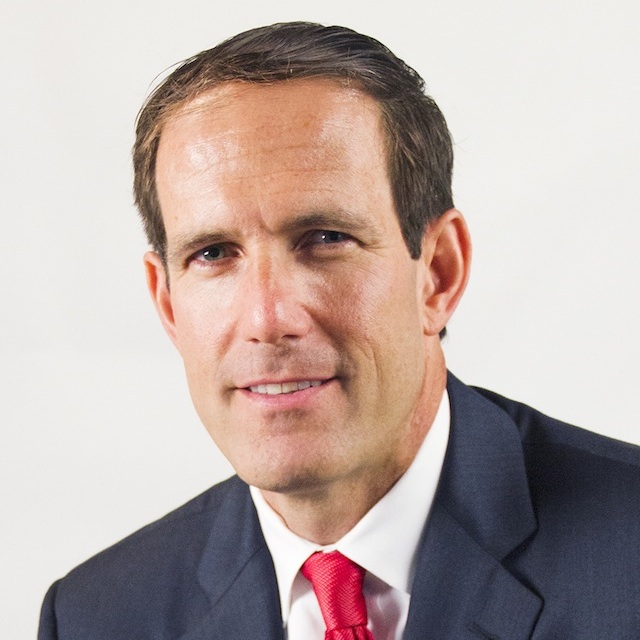BBG Watch Commentary

Radio World reported that Broadcasting Board of Governors (BBG) Shortwave Committee Chair Matt Armstrong expressed surprise at the statement from the independent NGO Committee for U.S. International Broadcasting (CUSIB – cusib.org) calling on him to step down over the most recent BBG shortwave transmission cuts and their bungled implementation without sufficient warning to audiences and Voice of America (VOA) program hosts, saying he is open and eager for conversation with CUSIB and other interested parties.
“Regarding the way in which shutdowns were announced, Armstrong said he ‘vehemently’ disagreed that he was ‘glib and smug’, saying the organization did make mistakes and assumptions but defending his comment that the process be used as a learning experience, Radio World reported.
Upset VOA program hosts tweeted that they were unable to say proper good bye and thank you to their radio audiences in Asia who listened to Voice of America for over 70 years.
Thank you shortwave listeners of Daybreak Asia and China Focus. I had less notice we’re off the air than many of you. #blindsided
— Jim Stevenson (@VOAStevenson) June 29, 2014
Apologies China Focus shortwave listeners that @VOAWilliams and I were not allowed to say goodbye to you on the air. http://t.co/CvHjIOytls
— Jim Stevenson (@VOAStevenson) June 30, 2014
#VOA will abruptly cease English language shortwave #radio transmissions to #Asia after tomorrow (Monday).
— Steve Herman (@W7VOA) June 29, 2014
CUSIB believes that the BBG’s focus on shortwave only to save $1.6 without addressing larger and more pressing issues of mismanagement and waste in the International Broadcasting Bureau’s (IBB) combined budget of over $240 million and the BBG’s overall budget of over $700 million is a strategic error for which the most vulnerable foreign audiences pay the price.
According to CUSIB, saving $1.6 million by denying uncensored information to audiences which are the least privileged, the most repressed and for which the Internet is not an option because of cost or lack of access, fear or censorship while at the same time multiple millions are wasted continuously on the overblown bureaucracy in Washington–is unfair, cruel, and against wishes of American taxpayers and Congress.
“What may make sense for commercial broadcasters should not always apply to public broadcasters with a mission to serve international audiences of all types, especially those which are most vulnerable,” a CUSIB spokesperson said. “Program delivery to these groups to save $1.6 million while millions are being wasted because of lack of management reforms cannot be excused, and it’s not just a question of supporting shortwave over using new media, which is enormously important and should be used effectively as well,” CUSIB added.
It’s foolish to give up VOA shortwave radio to Asia and Middle East when Voice of America English News, despite millions of dollars wasted by management on apparently ineffective new media projects, still has fewer worldwide Twitter followers (slightly over 100,000) than the UN Peacekeeping Force and nearly ten times fewer than the U.S. State Department Twitter (also English-language with nearly 1 million Twitter followers), critics of mismanagement within IBB and VOA point out.
Critics also point out that Internet censorship is not just a rare complete shut-down of the Internet in a given country. Such a shut-down, even if short-lived, may still achieve its purpose for dictatorial regimes when they most need it at the most critical time for them and for the civil society and the international community, including the United States, which may oppose these regimes during such crises because of use of violence, other human rights violations and for other reasons. The most effective form of Internet censorship practiced continuously is filtering and blocking of Voice of America, Radio Free Asia (RFA), and Radio Free Europe / Radio Liberty (RFE/RL) websites in countries like China, Iran, Vietnam and others.
Read the text of CUSIB’s statement
BBG’s Matt Armstrong defended his views in an interview with Radio World.
.
Armstrong, who joined BBG last August, defended the work of the committee in a phone call with Radio World. He said the group sought a “fresh approach” to the question of shortwave as a means of distribution, and brought “rigorous analysis” to the job. He said the committee sought public comment, talked to representatives of the broadcast services and surveyed colleagues in the State Department, actively seeking productive criticism of BBG’s own stance on shortwave.
At a time when BBG is going through a “major revamp,” he said the committee wanted to know how the organization can engage targeted audiences most cost-effectively. “We now need to be prioritizing audiences; we can no longer afford to simply blanket a country,” he said. In some markets, he said, shortwave is a “valuable medium,” but in others it is not relied upon by the target audiences, nor is it used as a fallback in times of crisis in some nations, as some BBG critics believe.
READ MORE: CUSIB Slams BBG Shortwave Chair, By Paul McLane, Radio World, July 23, 2014.
ALSO READ: VOA radio listener in Asia to BBG: bankruptcy without even a proper good bye, BBG Watch, July 20, 2014.
ALSO READ: Radio Free Asia listeners in Vietnam upset over abrupt ending of RFA shortwave broadcasts, BBG Watch, July 20, 2014.
ALSO READ: BBG Governor Matthew Armstrong says ‘You can’t censor the Internet’, DW reports, BBG Watch, July 8, 2014.
ALSO READ: Radio listeners, Vietnamese shortwave jammers surprised and confused by U.S. agency cuts, BBG Watch, July 2, 2014.

Comments are closed.